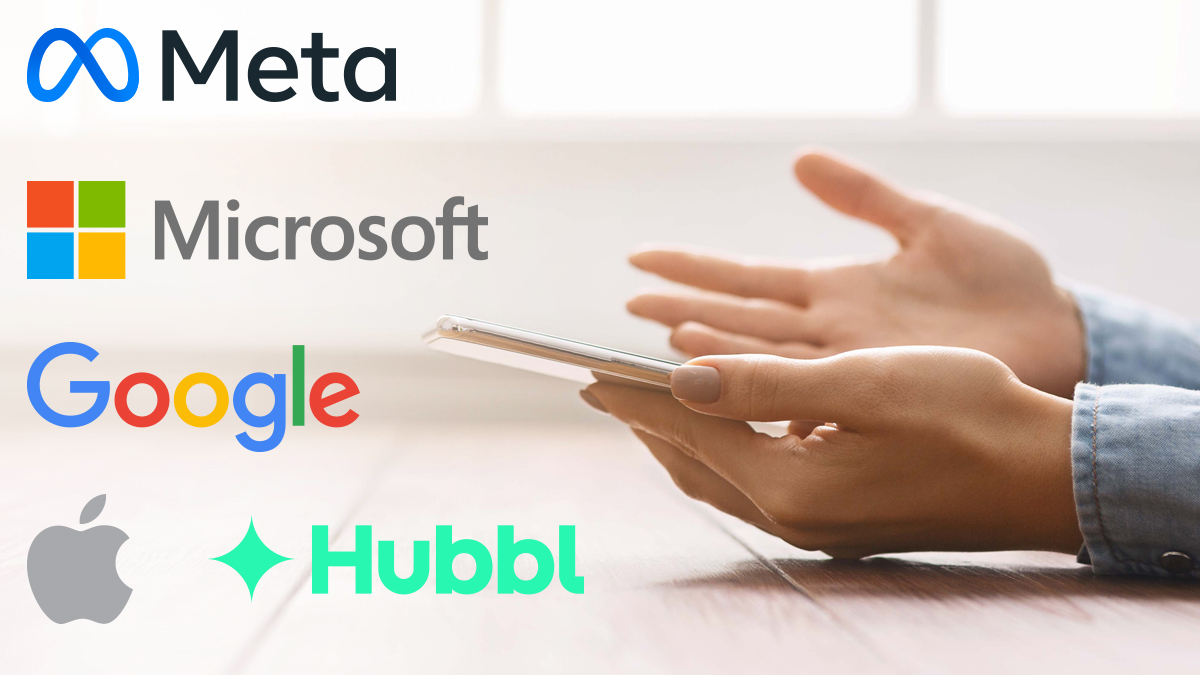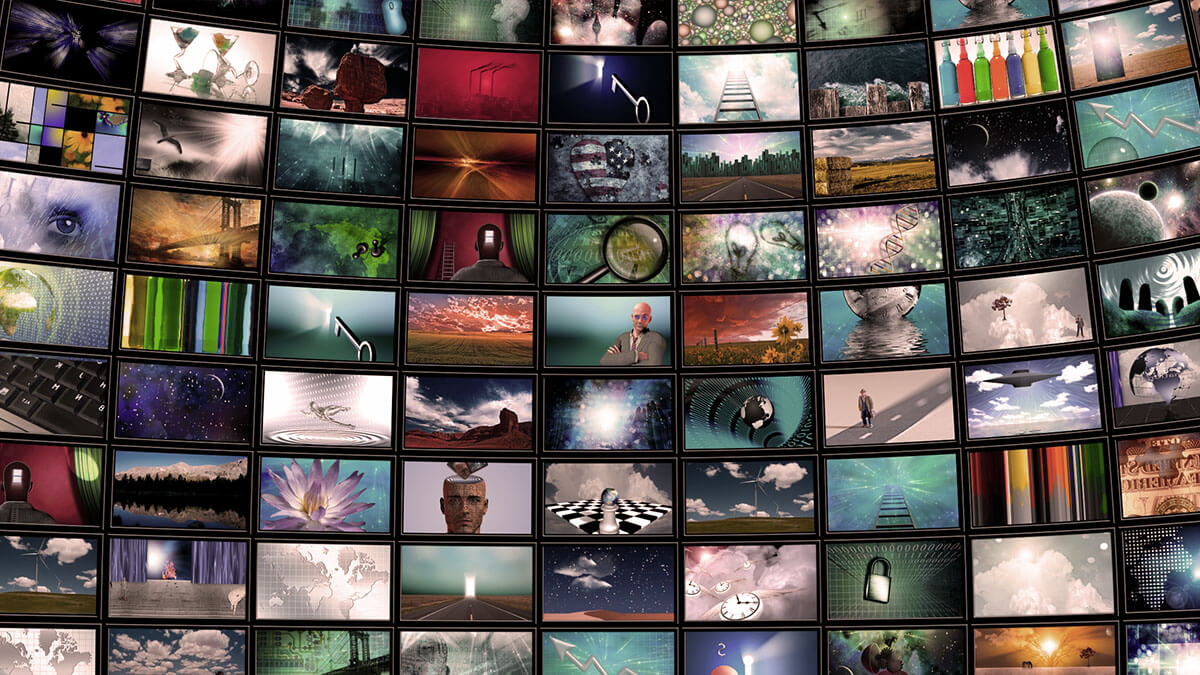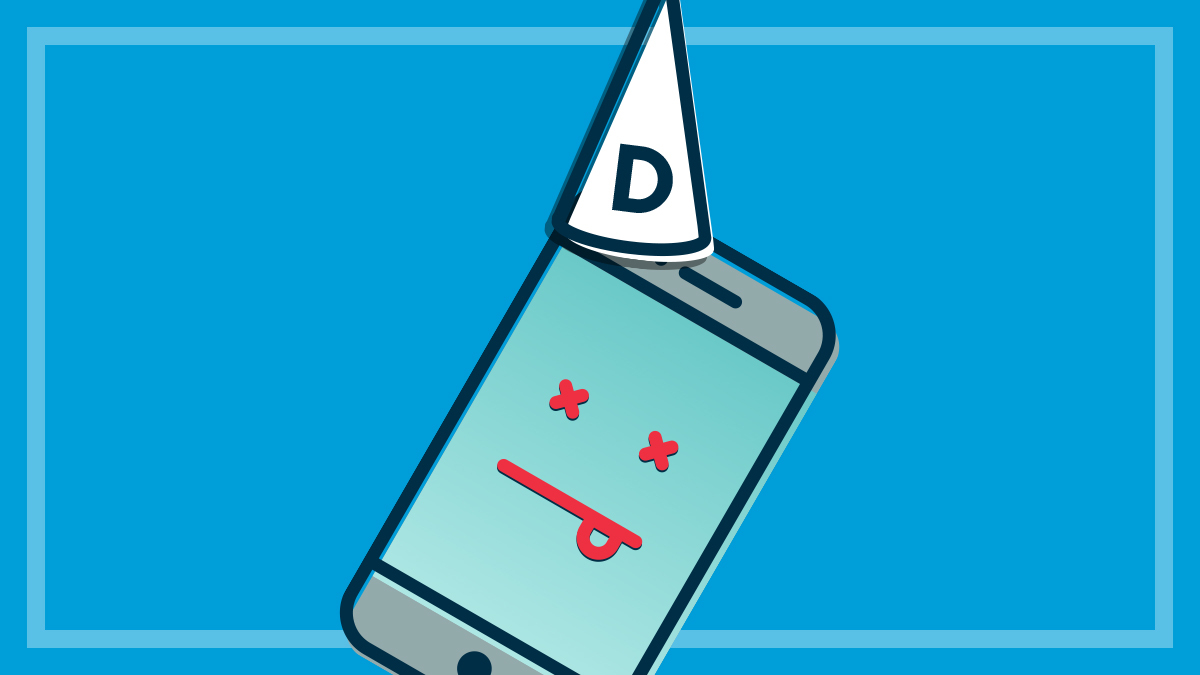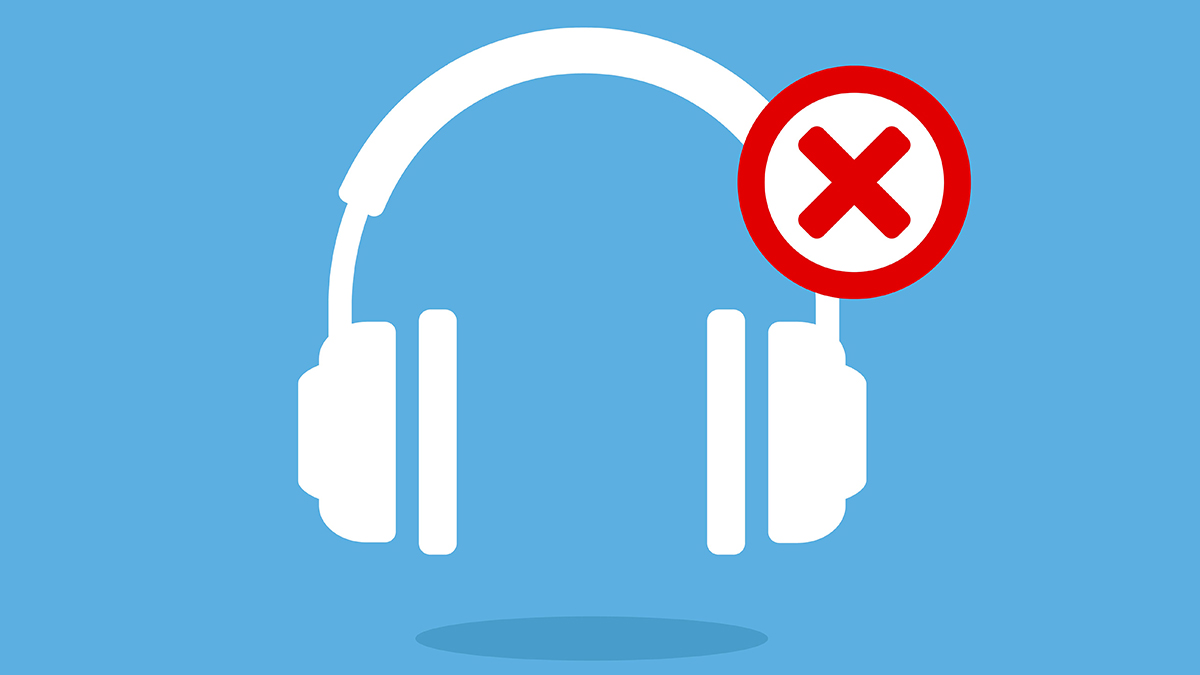Get our independent lab tests, expert reviews and honest advice.
The best online dating sites and apps

So you’re looking for love, just like millions of other Australians. But where exactly should you be looking? Do free online dating sites offer a good service at the right price? Or should you opt for paid online dating sites instead?
On this page:
We’ve reviewed dating websites like RSVP, eHarmony, Oasis, OkCupid, Plenty of Fish and Zoosk, as well as apps Bumble and Tinder, to help you single out which kind of site is most likely to suit you.
Our investigation looks at key things like price, privacy, and demographics and found that online dating scams are rife, and some privacy policies and terms and conditions are riddled with disturbing provisions.
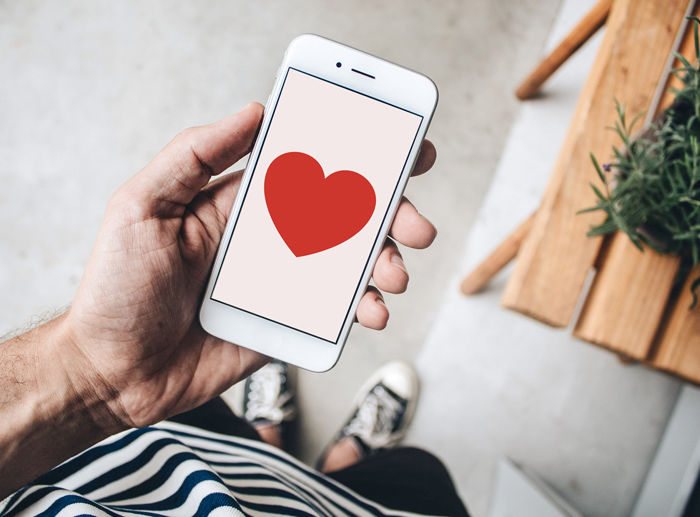
Which is the best online dating site for me?
Free sites can be a good, low-commitment way to start, but they do come with strings attached: often, you can’t access full profiles or all the features of the site (which is the case with eHarmony).
Some free sites can be quite light-on in the details department so you have to make a dating decision almost solely on appearance (Tinder is notorious for this). Sites like eHarmony have more detailed search criteria but the paid version will yield a narrower search, giving you matches you’re more likely to be into.
Paid membership can give you greater control over your privacy settings and can weed out the weirdos and hook-up artists so you won’t be inundated with messages from people who aren’t right for you.
Sites that only let you contact members if you’ve both liked or swiped right on each other also eliminate unwanted messages
Sites like OkCupid that only let you contact members if you’ve both liked or swiped right on each other also eliminate unwanted messages. Bumble takes this one step further by only allowing women to send the first message (for heterosexual matches) to minimise the deluge of messages women invariably receive on dating sites.
For many sites, you can’t actually access pricing information until you’ve joined up, by which time you might decide it’s not worth it. To help you decide whether to part with your hard-earned cash, we’ve listed membership prices for each site below.
CHOICE Tip: If you want some control over which third-party advertisers can track your online movements and target you with ads, you can opt out of ad targeting by ad agencies who are members of the Network Advertising Initiative. Check out their website for more details.
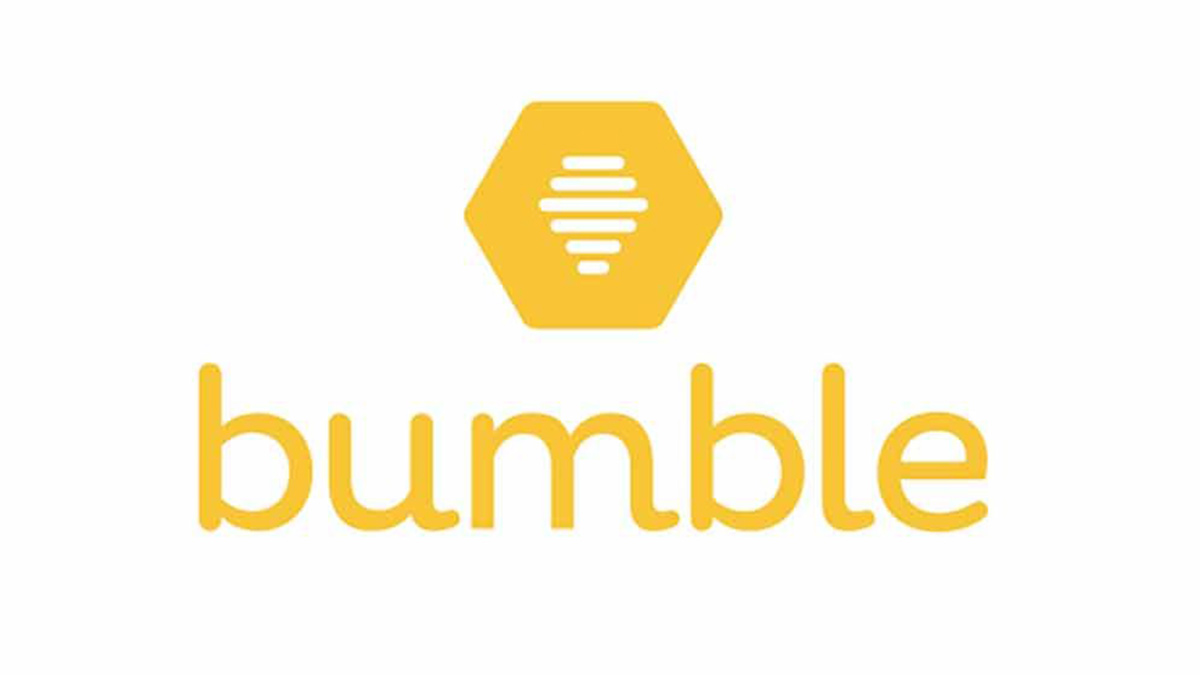
Bumble
Who’s it for? Younger membership. Female-friendly, where women make the first move (for heterosexual matches).
Price: Free to $30.99/month.
Privacy: Facebook details may be shared.
Australian members: 3 million.
Demographic: The age range on Bumble is 18–80.
Angle: designed to “disrupt traditional gender roles”, women must make the first move in sending a message for heterosexual matches. (Either person can initiate contact for same-sex matches.)
Unique features: Bumble isn’t just for dating – the app also includes Bumble BFF (for platonic friendships) and Bumble Bizz (business networking), making it a kind of Facebook/Tinder/LinkedIn hybrid.
Matching: Bumble uses your GPS location to find people in your area who fit your age criteria. If you swipe right on someone’s profile and they swipe right on yours, it’s a match and you’ll both be notified.
“The Bumble app is free and I have had the most dates with this app. It’s an easy format and given the female makes contact first, you can eliminate unwanted attention.” – Kate*, 44.
How much does Bumble cost?
The Bumble app itself is free to download, but you can pay to access a few premium features.
Bumble Boost: $3.99 for a one-day subscription or $13.99 for a one-week subscription. Monthly prices range from $17.80 to $30.99 depending on the length of subscription. If you’re a really die-hard dater, you can even buy a lifetime subscription for $189.99. Boost gives users access to premium features such as unlimited search filters, the option to rematch with expired users and unlimited Extends, which is the option to extend the 24-hour window to start a conversation by another 24 hours. You also get access to your Beeline – a queue that shows you everyone who’s already liked your profile.
Bumble coins: $4.99 for two, or $10.99 for five, $29.99 for 15 or $52.99 for 30. These allow you to access SuperSwipe, which lets you tell a potential match you’re confidently interested in them, and Spotlight, which pushes you to the front of the match queue for 30 minutes.
Privacy
To sign up, you’ll need to use either your Facebook account or your phone number, so if you’re not comfortable using either of these, give Bumble a miss.
If you sign up using your mobile phone number, you may receive promotional SMS messages and survey requests from Bumble.
Bumble is a US company, so your info will be sent to and used in the United States, regardless of where you live, and the storage of your personal data may not be subject to the same protections as those stipulated by Australian law. They may also share your information with third parties.
If you sign up using Facebook, Bumble users can access and share your Facebook information with people who aren’t Bumble users (even if you haven’t shared it directly to Bumble).
“When using Bumble, you should assume that anything you post or submit on the app may be publicly-viewable and accessible, both by users of the app and non-users of the app,” the Bumble privacy policy warns. “We want our Bumblers to be careful about posting information that will eventually be made public.”
Safety
You can verify your profile by taking a selfie mimicking one of 100 random photo poses. A Bumble team member reviews the photo and verifies or rejects your verification.
Pricing issues
You can’t access pricing for the premium features until you’ve created an account (and given Bumble access to your Facebook account or phone number). Subscriptions also automatically renew unless you’ve turned auto-renew off at least 24 hours before the end of the current period.
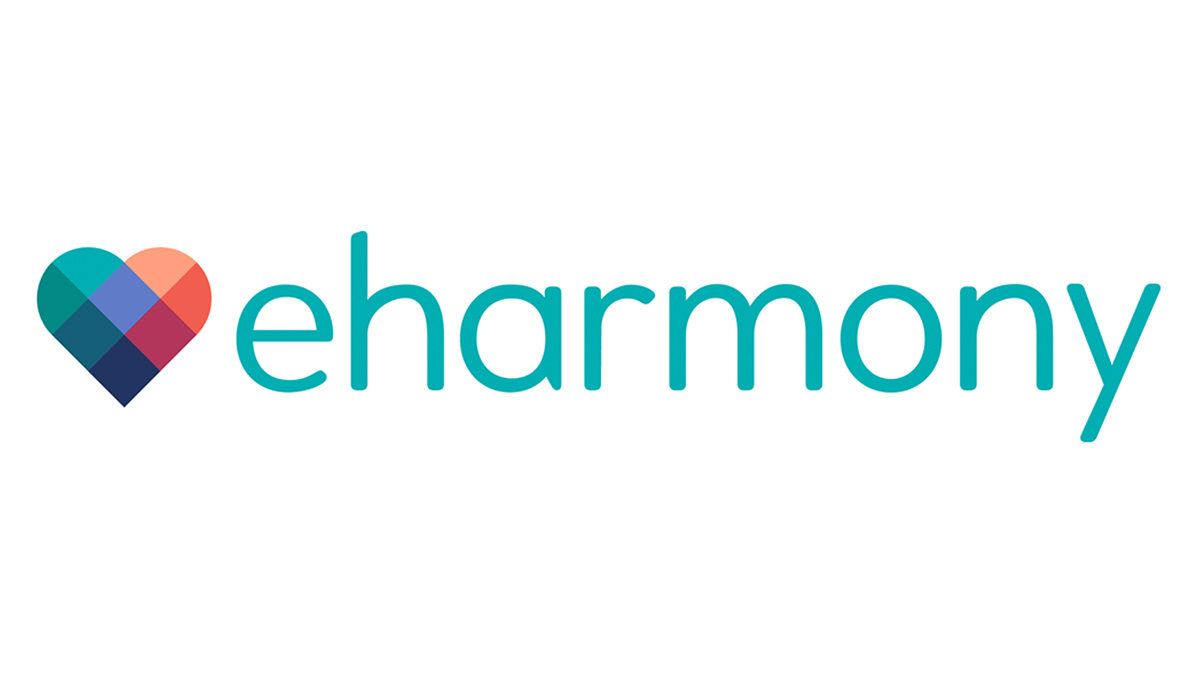
eHarmony
Who’s it for? Profiles created from a detailed questionnaire. You can only see photos if you pay.
Price: Free to $49.90/month.
Privacy: eHarmony holds onto your information indefinitely.
We asked eHarmony for up-to-date details about their membership demographic, but they didn’t respond.
Unique features: eHarmony’s selling point is its tailored approach. Your profile is created from a detailed questionnaire where you rate your personality and appearance, plus what you want in a partner and relationship.
Matching: users are matched based on their personality profile, using eHarmony’s “29 dimensions of compatibility”.
How much does eHarmony cost?
You can access eHarmony for free, but paying a subscription gives you more information about other users.
Free: Users receive a personal profile, view daily matches and have limited interaction with their matches, like sending a smile or a limited number of set questions. You can only see limited information about matches, and you can’t see photos.
Paid: $49.90 per month for a six-month plan, $39.90 per month for a 12-month plan or $29.90 per month for a 24-month plan. A welcome offer is available which entitles users to a 50% discount on subscriptions for the first 3 months. Subscriptions entitle you to see who’s viewed your profile, send unlimited messages, see unlimited photos, filter your matches by interest, search matches by distance and receive help optimising your profile.
Privacy
By posting information and photos on a profile page or any public area of the eHarmony website, users automatically agree that eHarmony can retain and use their information indefinitely, unless they tell eHarmony otherwise. Users’ contact details may be shared with third parties for advertising.
Pricing issues
eHarmony doesn’t disclose the price of its plans until after you’ve filled out their onerous survey, by which point you may have invested hours. While most other sites offer a one- or two-month subscription, eHarmony’s shortest subscription plan is six months. The longest is a 24-month membership, which could appeal to bargain-hunting users, but locks users in for an extended period of time. The question to ask is: if I’m still using the site 24 months later, has it been worth the (not insignificant) fees charged?

Oasis
Who’s it for? Younger membership. Virtually all features are free.
Price: Mostly free.
Privacy: Profile info (including photos) can be used for advertising or shared with third parties.
Australian members: more than four million.
Demographic: Oasis has a younger slant – 48% of users are 18–35; 34% are 36–50.
Gender split: 60% male; 40% female.
Unique features: Oasis is one of the few sites that offers virtually all features for free. (There are a few paid features but they don’t give you any additional access to profiles or chat.)
Matching: users describe their personality, interests and hobbies and select criteria for their ideal partner. They can then search for suitable matches.
How much does Oasis cost?
You can use Oasis for free, and you’ll have access to all member profiles and unlimited chat. Or you can choose to pay small amounts for additional benefits, such as:
Shout Out: $5.45. Boosts a member’s profile.
Go-Ad-Free: $5.45. Removes all ads from the site for 30 consecutive days.
Privacy
By signing up, users agree that all profile information is public – including photos – and so automatically grant an irrevocable and ongoing licence for the company to use and distribute any information posted or transmitted on the site. In effect, this means users’ photos, aliases and other personal details can be used in advertising, online and off, although it’s possible to opt out of this by updating privacy options in the account settings portal on the website.
Email addresses, photos and information may also be shared with third parties for marketing purposes on behalf of Oasis.
You can connect your Facebook account to your Oasis account, but Oasis says it won’t post anything to your timeline.
Security
A spokesperson says all profiles and pictures are manually checked to ensure the information provided is accurate. The company also does background profile checks to reduce the amount of scammers that join the site.
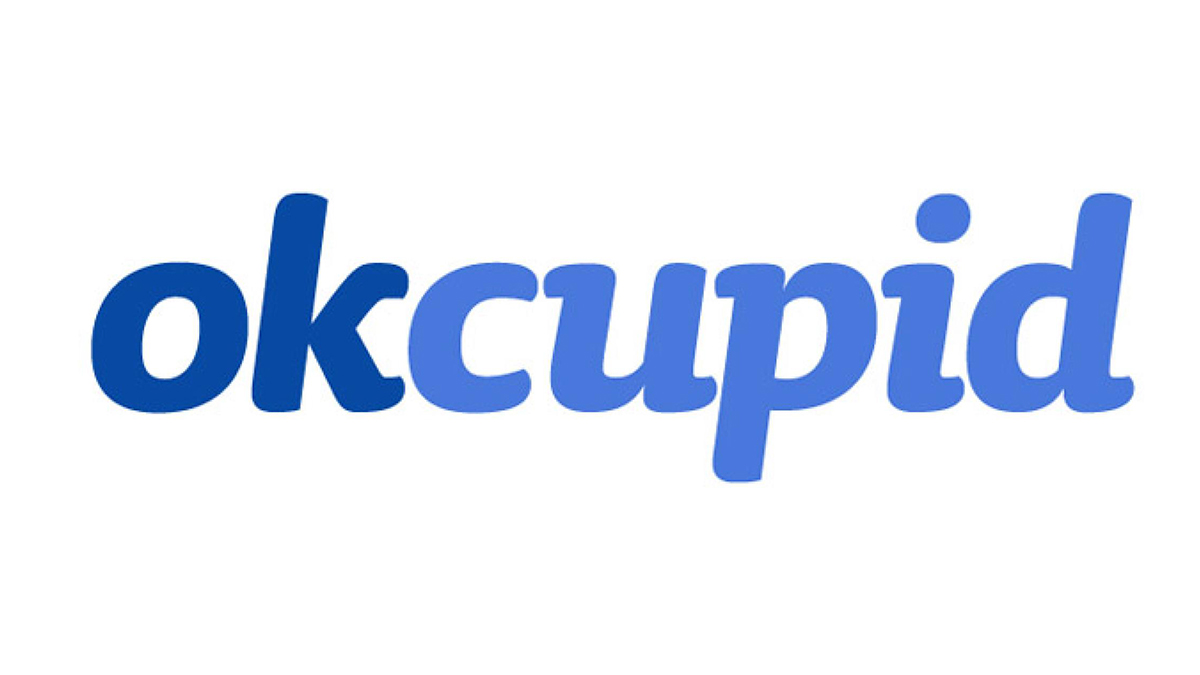
OkCupid
Who’s it for? Detailed, math-based matching system. Good for queer, gender-diverse and non-monogamous dating.
Price: Free to $US34.90/month.
Privacy: Your info may be shared with other dating sites like Plenty of Fish and Tinder.
We asked OkCupid for details about their membership but they were unable to provide exact numbers.
Demographic: The majority of OkCupid users are Millennials, followed by Gen Z then Gen X.
Angle: OkCupid claims to use a math-based matching system to help users find partners. After completing a basic profile and matching questions, users can elect to fill out hundreds of optional broad-reaching questions – like if they’d date a messy person, whether they like dogs, or even how often they brush their teeth. The more questions you answer on your profile, the better the matching system becomes, the company says.
Unique features: You can select which gender/s you’re interested in, and what kinds of connections – hook-ups, friendship, short- or long-term dating, and non-monogamy. OkCupid had the most gender, sexuality and relationship preferences of all the sites we looked at, so it’s a good option if you don’t identify as heterosexual, cisgender or monogamous.
Matching: Potential matches are rated by a “Match Percentage” based on who you’re looking for, what they’re looking for, and how similarly you both answer questions that you mark as important. Users can then flick through one potential match at a time, search for users based on specific criteria including gender, age and distance or browse all potential matches using the discover feature.
How much does OkCupid cost?
OkCupid has free and paid A-list memberships. According to the company, the site is designed so that a free account doesn’t hinder your use of the site – you don’t need the paid features to use the site.
Free: Users can look at profiles and photos and contact other members.
A-list: $US19.95 for one month; $US14.95 per month for three months; $US9.95 per month for six months. A-list members can access the site ad-free, get additional match search options, send unlimited likes, get message-read receipts and see the full list of people who like them.
Premium A-list: All the features of A-list, plus one free automatic boost per day during prime time. You can also see everyone’s public answers to their questions before you answer, and you’ll receive something called “Increased Attractiveness” which claims to let you see and be seen by more attractive matches. It costs $US34.90 for one month; $US29.90 per month for three months; $US24.90 per month for six months.
Incognito mode: This makes your profile invisible to everyone on the site unless you ‘like’ or message them, and gives you ad-free access. You can turn it on or off as you please. Prices range from $US9.95 to $US19.95 per month depending on the length of subscription.
Profile boosts: These give you a day’s worth of views in just a few minutes. You can buy boosts individually, or in discounted multi-packs. They cost $US1.99 each, five for $US1.89 each or 10 for $US1.69 each.
You can’t see the membership costs until you’ve joined OkCupid (and answered many questions) and subscriptions automatically renew. The prices are also in US dollars, and you can pay using PayPal. OkCupid can’t refund purchases made via the iPhone app.
Privacy
OkCupid is part of Match Group, which owns other dating sites like Tinder, Plenty of Fish and Match, and your information may be shared with other Match Group companies. OkCupid may also share your information with third parties such as advertising partners. Tinder and OkCupid have recently come under fire following the release of a report by the Norwegian Consumer Council which found that the apps were sharing personal user information with third parties.
Security
According to a spokesperson, OkCupid has a support team that monitors all accounts using standard verification practices.
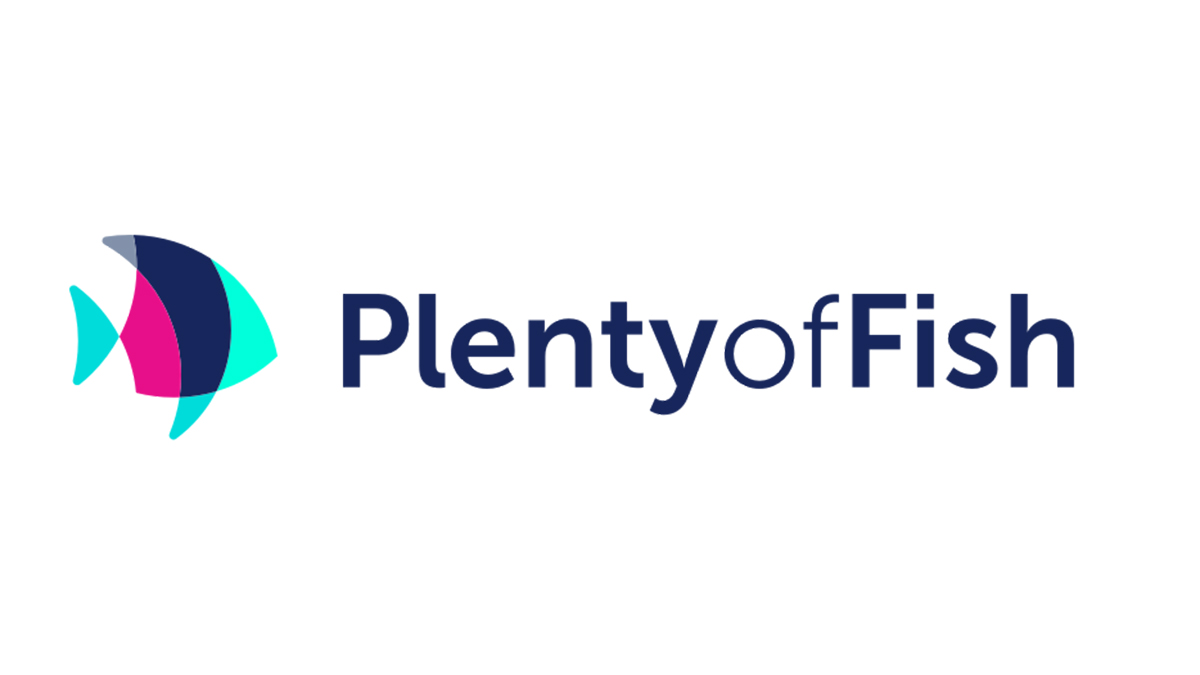
Plenty of Fish
Who’s it for? Uses a “Relationship Chemistry Predictor” to find matches.
Price: Free to $19.35/month.
Privacy: Your profile could be made visible on other dating sites like OkCupid and Tinder.
Members: 150 million registered users worldwide. Data could not be provided on Australian members.
Matching: Users fill out a profile listing preferences for a potential partner, plus an optional “Relationship Chemistry Predictor”. PoF then sends you a report based on your survey responses and uses the data to find you matches.
How much does Plenty of Fish cost?
Plenty of Fish has free and paid memberships.
Free: A free membership lets users post up to eight photos, communicate, view others’ photos and use most features of the site.
Paid: You can upgrade your membership for additional features such as the ability to upload up to 16 images, unlock any user’s extended profile, see if your emails were read or deleted, find out when someone viewed your profile, go ad-free and appear first in search results. You can upgrade for $9.99 per month on an eight-month plan, $12.75 a month on a four-month plan, and $19.35 per month on a two-month plan.
You can also buy tokens to send a priority message, highlight your profile or send a ‘Super Yes’ to let another user know you are very interested in them. They cost $1.99 for one, $1.79 each for five or $1.69 each for 10. Tokens expire after six months.
You can’t access pricing information until you’ve signed up (and answered many questions), which is frustrating. Bear in mind that unless you specifically opt out, subscriptions automatically renew. You can pay using PayPal.
Privacy
PoF says it may share your personal information with affiliates and third parties acting on their behalf.
PoF is part of the Match Group of businesses, which includes Tinder, OkCupid and Match. Your information may be shared with other businesses in this group. Your profile could also be made visible on other Match Group services, but PoF says it will notify you and allow you to agree or refuse “where relevant”.

RSVP
Who’s it for? Most members are 35+. Considered more credible due to higher membership costs.
Price: Free to $89/month.
Privacy: Your info (including photos) could be used for advertising or shared with a third party.
Australian members: More than four million.
Demographic: 50% of members are 35–55.
Gender split: Roughly 50/50 male and female.
Matching: Free users can select a range of parameters for their ideal partner, including age, location, height, ethnicity and education. The site regularly generates matches for you, based on both users matching each other’s ideal partner criteria, plus people near you and some wild cards for good measure. It also uses its ‘Discover Engine’ which suggests members based on historical matching data. Paying members also have access to compatibility data, and so may have a better shot at a good match.
How much does RSVP cost?
RSVP has four types of membership:
Basic: If you sign up for free, you can view full profiles, upload up to 15 photos, receive a personality report, set criteria for matches and send and accept virtual winks, which are expressions of interest. You’ll receive matches each day but one party will need to pay to initiate contact.
If you want to message another user, you’ll need to use stamps. Prices range from $5–14 per stamp depending on quantity purchased. One stamp opens up 30 days of contact via chat or message with any one member.
RSVP Premium: From $20–30 per month, depending on the length of membership. This option gives you priority customer support, allows you to see who has viewed your profile and gives you extra control over your profile visibility. Your profile will be highlighted and appear at the top of search results. It also allows you to extend your stamp expiry, and you won’t see ads when using RSVP on your mobile. This membership doesn’t include stamps, so if you want to contact another user you’ll have to buy stamps or upgrade to Premium+ or Platinum.
RSVP Premium+: From $30–56 per month, depending on the length of membership. This option gives you the same features as Premium membership, plus four stamps per month. Unused stamps can accumulate as long as your membership remains current.
RSVP Platinum: From $49–89 per month, depending on the length of membership. This option gives you the same features as Premium membership plus ten stamps per month and the ability to send a super wink every day. A super wink allows the receiver to reply to you for free.
Privacy
Signing up to an RSVP account and agreeing to its privacy terms and conditions grants permission for your personal information, including photos and email addresses, to be used for advertising or transmission to a third party.
Security
RSVP says their customer support team personally monitors and checks all profiles and photos that are submitted to the site.

Tinder
Who’s it for? Easy-to-use app-based dating service. Uses geolocation to find matches.
Price: App is free; membership costs vary.
Privacy: App can access your Facebook profile and content of your chats.
We asked Tinder for details about their Australian membership numbers, but they could only provide a global figure of 5.7 million subscribers.
Unique features: Tinder is an app-based online dating service. It has the simplest format of all the apps and sites we looked at.
Matching: You pick the gender or genders you’re interested in, the age range you’re looking for and how close in distance you’d like a potential match to be. Tinder then uses the GPS on your mobile phone to search for nearby Tinder users. Once it locates them, it shows you their first name, age, a profile picture and brief blurb. You tap their name to read a little more about them and see more pictures, swipe right if you’d like to be matched with them, or left if you’re not interested. If both parties swipe right, you’re a match, meaning you can start interacting with them.
How much does Tinder cost?
You can use Tinder for free, or you can pay to subscribe to unlock extra features.*
Free: Users can see profiles, match with other users and chat with matches. They can send one Super Like each day, which shows someone that you’re really interested in them.
Tinder Plus: This in-app subscription gives you access to features like Rewind (which allows you to review people you accidentally passed on) and Passport (which allows you to match with people in different locations), as well as five Super Likes per day and unlimited ‘right swipes’ or likes. It also gives you additional Boosts (which increase profile visibility). Tinder’s pricing varies depending on a number of undisclosed factors.
Tinder Gold: Offers the same features as Tinder Plus, as well as access to the Likes You feature, which shows you who likes you before you swipe.
Super Like: You can send a Super Like to let someone know you’re really interested in them. Prices range from around $1–2 depending on how many you buy.
Boost: This makes you one of the top profiles in your area for 30 minutes. Prices range from around $5–7 depending on how many you buy.
*Unless you specifically opt out, subscriptions automatically renew.
Pricing issues
Tinder was ordered to pay a settlement of $US17.3 million to its Californian users in 2019, after a class action lawsuit was filed against the company regarding its discriminatory pricing. The app was charging users over 30 $US19.99 for a subscription, while users aged 29 and younger were paying only $US9.99 per month.
Tinder’s pricing policy in Australia is ambiguous and the company did not provide specific information in response to our request for pricing information. According to a Tinder spokesperson, Tinder has “a dynamic pricing structure that offers multiple price points, which may vary by region, length of subscription, recent in-app promotions and more.”
We did a mystery shop of Tinder Plus to find out more about the app’s prices in Australia, setting quotas based on gender, sexuality, location and age group (18–29, 30–49 and 50+).
The price difference between the lowest and the highest price was huge: $6.99 for a queer female under 30 in a metropolitan area and $34.37 for a straight male over 50 in a metropolitan area, for one month. On average, people who were over the age of 30 were offered prices that were more than double the prices given to those who were under 30, like in the US.
However, there were also large price variations within these age groups, ranging from $6.99 to $16.71 in the under-30 cohort and $14.99 to $34.37 in the over-30 one. This suggests Tinder is using other, unknown factors to personalise its prices further. We didn’t see a pattern that could explain the differences.
Privacy
To use the app, you must sign up with your Facebook account or your phone number. If you use your Facebook account, this then forms the basis of your Tinder profile. According to Tinder, this is to ensure matches are made with people who share interests and common friends. That being said, Tinder doesn’t post to your Facebook profile, so if you’re concerned about friends getting updates about your use of the site, at least on this point, you can rest easy.
Tinder also gives itself access to the content of your chats when you’re using the app and may share your personal data with third parties for advertising purposes.
Tinder is part of the Match Group of businesses, which includes Plenty of Fish, OkCupid and Match. Your information may be shared with other businesses in this group. Tinder and OkCupid have recently come under fire following the release of a report by the Norwegian Consumer Council which found that the apps are sharing personal user information with third parties.
You are able to view the personal data that Tinder has collected about you by using the Download my Data tool and you can also request its deletion.
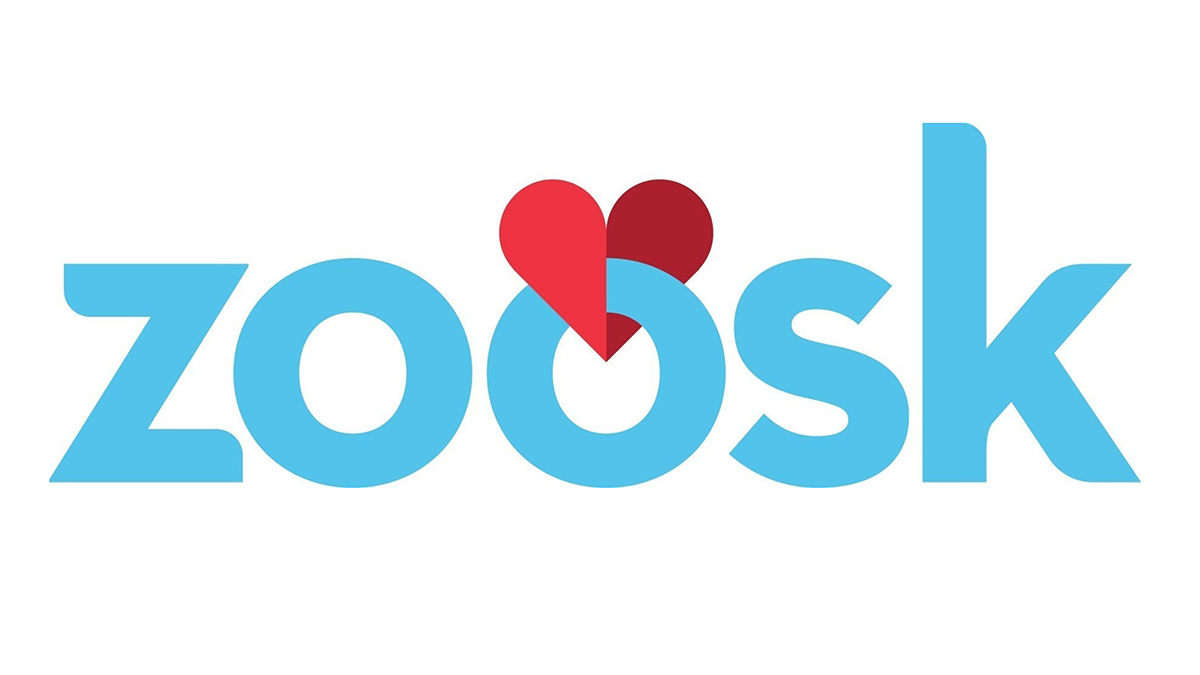
Zoosk
Who’s it for? Most members are 30+. Matches based on compatibility.
Price: Free to $34.95/month.
Privacy: Zoosk may use your email contacts to invite your friends to the site.
We asked Zoosk to provide current figures for their membership and demographic, but they didn’t respond.
Matching: To register, you fill out a profile, which you can do by signing up with Facebook, and then populate your profile with more information like your interests or your ideal date. You can meet singles using three methods: by searching for them by distance and age, by using the “Carousel” (which works similarly to Tinder), or by using SmartPick (which evaluates compatibility between Zoosk members and makes match recommendations). Zoosk claims to learn from your actions as you use the site, therefore making more suitable matches as you use the site more.
How much does Zoosk cost?
Zoosk offers free and paid memberships, and a pay-as-you-go system using “Zoosk Coins”. The free profiles function as a preview – if you want to communicate with users on the site you have to pay for a membership.
Free: Members can create a profile, search for singles, and send introductory winks, but they can’t send or receive messages.
Paid: Memberships cost $14.95 per month for six-months, $24.95 per month for three-months or $34.95 a month paid monthly. Memberships auto-renew unless you cancel your membership before it expires. With a paid membership, you can send and receive messages and winks, chat with connections, see profiles of those who have viewed yours, and get full access to Smartpick, Zoosk’s matching services.
Subscription upgrades: You can pay extra to unlock premium features, like Premium Messaging (which allows people with free membership to reply to your messages without subscribing), Hide & Seek (allows visibility control, including hiding your profile) and Instant Crush (lets another member know that you don’t just like them; you have a crush on them).
Zoosk Coins: You can also earn or buy Zoosk “Coins”, which unlock your matches, allow you to send virtual gifts, boost your profile, and get delivery confirmations on emails, among other features. Coins cost $19.95 for 180, up to $99.95 for 1800 coins. Coins can be earned by using or signing up to various third-party apps, surveys, services and websites.
Privacy
If you sign up to Zoosk and give the site access to one of your social media profiles, such as Twitter or Facebook, they may make posts on your behalf on that platform, and they may also gather information about your friends.
Think twice about giving Zoosk access to your address book – they keep your contacts on file and may later use your information to suggest friends and connections to other members. If they invite your friends, they may out you as being a Zoosk user by extending the invitation on your behalf. (While there’s no shame in dating online, you might not want it advertised to your nearest and dearest.) By signing up to Zoosk, you grant permission for all your user content to be used for purposes including advertising or transmission to a third party.
Zoosk was reportedly the first major dating site to offer photo verification. All photos are reviewed by moderators: users can verify their profile pictures by taking a video selfie that moderators compare with your profile picture to make sure it really looks like you. You can tell which pictures have been verified as they’ll have a green tick. A Zoosk representative told us that verified photos get up to 200% more views and 100% more messages than the average.
Finding love on Facebook
Facebook Dating officially launched in the US in September 2019 and is currently available in 19 other countries, although there is currently no date set for its arrival to Australia. Users of Facebook Dating are able to create a dating profile that is separate from their Facebook profile and potential matches are recommended based on preferences, shared interests, Facebook activity and mutual friends.
You’re also able to discover other singles that share similar interests through groups or events. Your friends and family aren’t able to see what you do with your dating profile, and you can’t be matched with your friends unless you use the Secret Crush feature and you both add each other to your list.
Given how many of us use Facebook, the convenience of an embedded dating app will most likely trump users’ concerns about privacy
Facebook Dating also allows users to share Facebook and Instagram stories and add Instagram posts to their dating profiles.
After the Cambridge Analytica scandal, Facebook users might be understandably wary of sharing personal information in the Facebook app – especially particularly sensitive information that you might share in the course of getting to know someone. But given how many of us use Facebook, the convenience of an embedded dating app will most likely trump users’ concerns about privacy. We’ll be watching this closely!
Online dating case studies
We asked a range of people to tell us about their experiences with online dating, including how long they’ve been on the app, their successes, their challenges, and which app worked for them.
* Not their real name
User: Victoria, 44.
Sites: Tinder, RSVP, Bumble, eHarmony, Happn.
Verdict: “I think they are actually a brilliant way to meet and connect with people you wouldn’t usually. It’s great to keep chatting on the app [or site] until you’re sure of a connection and then you can transfer to [phone] and then in person.”
Recommendations: “I find Tinder is the easiest site to use but you do have to dig further to find quality. I have also had success with Bumble and Happn. When I started online dating I used RSVP and found it good at the time, but Tinder just made it all so much easier and faster – which has good and bad points.”
Length dating online? Ten years.
Success? At least 20 friendships and relationships over the past decade. She still keeps in contact with many of them.
Tips? Ask the right questions to establish someone’s identity – where they work and what suburb they live in, for example.
Victoria, an online marketer, says she is “quite fussy” but has persevered and says it’s possible to find quality matches online – and she’s now able to identify them quickly.
“It’s probably important to note that I don’t get overly worried about my privacy online as I’m an online marketer!” she says.
“I definitely think there are scammers on there, but these are fairly easy to spot. I was contacted by one and Googled the first name and who they said they worked for, and quickly found an attached fake Facebook profile (which you can tell by no interaction and just a few photos). You can also do a Google reverse image search on any images and it shows you where these show up elsewhere online. Always flag [scam] profiles to the site admin – these options are easy to find.”
User: Kate*, 44.
Sites: RSVP, Bumble, Plenty of Fish, eHarmony (briefly).
Verdict: “It’s been more positive than negative. It’s a numbers game – and good timing!”
Recommendations: “The Bumble app is free and I have had the most dates with this app. It’s an easy format and, given the female makes contact first, you can eliminate unwanted attention. RSVP is good if you’re looking for something more serious. You have to pay to contact the user, but the advantage is that you can see their photos and profile description.”
Length dating online? Three years.
Success? I’ve met some very interesting people and had some cool experiences. I’ve made a couple of friendships out of it – not besties, but people you can chat with from time to time. I’ve had one one-year relationship from using RSVP.
Tips? Be prepared for rejection. You can get anything you want from dating sites but you just need to know where and what you stand for. It’s scary the first time you get into dating (if you’ve been out for a long time) but after a couple, you realise this is the norm and the way to meet people.
After paying for an eHarmony membership, Kate* asked for her money back after just one day. “This is an expensive site. Once I paid, my matches were ‘revealed’ and I asked for my money back,” she says.
“I know this site advertises that it finds the best match, but looks and attraction have to come it into it at some point. My matches were so far removed from what I find attractive that I complained and got a refund.
“The fact that you have to pay before you see photos is not good. I do not recommend this site at all.”
User: Isabelle*.
Sites used: RSVP, OkCupid.
Verdict: “It’s a great way to meet people outside your social circle.”
Recommendations: “Free sites can be messy to deal with. I think RSVP has a level of credibility because you have to pay and there are more processes and checks in place. People are more serious about dating on RSVP, whereas other sites are more about hook-ups.”
Success? I met my current partner on RSVP. We’ve been together for 2.5 years and we live together.
Tips? Get to know how to navigate the site before you jump in and start connecting with people. Try a few and see what works for you. It took me some practise to figure it out.
Isabelle* met her partner on RSVP six months after she joined. Her partner had been on there for a year and was just about to give up because he thought it wasn’t working. Fortunately, they met just before he planned to deactivate his account.
“We live in different parts of Sydney and lead different lifestyles – our paths would never have crossed in the real world. But that’s a good thing, I think – it helps you meet people from outside your bubble,” says Isabelle*.
User: Emma, 39.
Sites used: Tinder, Plenty of Fish, OkCupid, RSVP, eHarmony.
Verdict: Recommended.
Recommendations: “OkCupid was the best for meeting like-minded people. Tinder was the best for sheer random volume.”
Length dating online? Several years, on and off.
Success? Two major ones – the two men I’ve married! [Not concurrently, we hasten to add!]
Tips? You run into all the same human behaviours with internet dating as you do with any other form of dating. People lie about their age, marital status, etc. The only real difference is that it’s easier to lie about your height when you’ve never met in person!
Emma, a writer, met her husband Anthony, an electrician, via Tinder. They married in 2016 and now have a toddler and a dog. Anthony’s two daughters also live with them part-time. Emma had been dating online for a few years before they met; Anthony, a couple of months.
“I would never have met Anthony without the assistance of internet dating because we would never have crossed paths,” she says.

Is online dating safe?
Internet dating can be a great way to meet new people – and possibly find ‘the one’ – but it’s important to keep your wits about you and protect your own privacy and safety, first and foremost.
How to stay safe on online dating sites
Before you sign up for an online dating service, consider the following:
- Read terms and conditions so you know what you’re signing up to and how much it will cost.
- Set reminders in your phone or diary to cancel your subscription to avoid inadvertently rolling over for a further term.
- Never include personal information such as your real name, workplace, work or home address, phone number or birthday, in your profile.
- Do a reverse Google image search on photos of profiles of people you’re interested in to check for authenticity.
- When you meet somebody for the first time, pick a public place, tell a friend where you’re going and keep the first meeting brief and inexpensive, such as grabbing a cup of coffee.
- Don’t let somebody new pick you up or drop you at your home.
- Never send money to someone you’ve only ever contacted online or over the phone.
Watch out for online dating scams
According to Scamwatch, almost 90% of scam reports relating to dating and romance occurred through the internet or mobile apps. In 2019 alone, Australians lost almost $27 million to dating scams – although it could be even more as many people are too embarrassed to report losses.
The ACCC reports that they received 3640 complaints about dating and romance scams in 2019, with women losing more than twice as much money as men. People aged 45+ are the most likely to be targeted.
Social media is where many people get stung, with $9.2 million in losses attributed to dating and romance scams conducted via social media – an increase of over 20% compared to 2016.
The ACCC received 3640 complaints about dating and romance scams in 2019, with women losing more than twice as much money as men
Popular scams include convincing users to part with their personal details or money, which is often sent overseas and is unrecoverable.
“Scammers go to great lengths to gain your trust, spending months and even years building a relationship with you. Once your defences are lowered, they spin an elaborate tale about how they need your financial help with a crisis, such as being ill or stranded, and ask for money,” says ACCC Deputy Chair Delia Rickard.
“These scams can also pose a risk to your personal safety, as scammers are often part of international criminal networks. Scammers have lured unwitting Australian victims overseas, putting people in dangerous situations that can have tragic consequences.”
Top 4 signs you’re dealing with a scammer on an online dating site
1. You’ve never met or seen them: scammers will say anything to avoid a face-to-face meeting. Someone who contacts you from overseas is more likely to be a scammer, even if they say they’re just travelling for work.
2. They’re not who they appear to be: scammers steal photos and profiles from real people to create an appealing facade. Run a Google image search on photos, and search words in their description to check if they’re the real deal.
3. You don’t know a lot about them: scammers are keen to get to know you as much as possible, but are less forthcoming about themselves.
4. They ask you for money: once the connection’s been made – be it as a friend, admirer or business partner – scammers will ask you to transfer money. Don’t fall for a tall tale, no matter how plausible it sounds.


